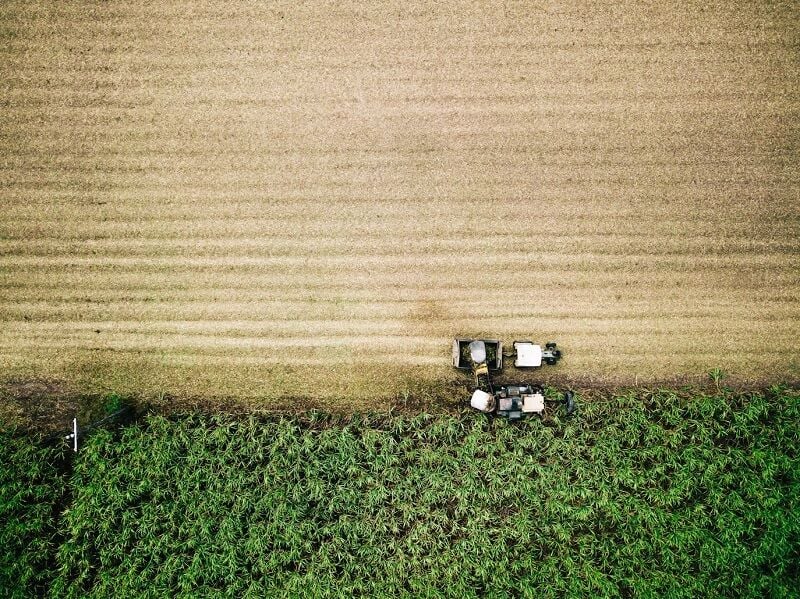Sweet sorrow: Thailand’s sugarcane harvest takes a hit

A significant reduction in Thailand’s sugarcane yield in the 2023–24 crop year has been reported by the Office of the Cane and Sugar Board (OCSB). This decrease in production is attributed to severe drought conditions and is expected to have an impact on the worldwide sugar supply.
Thailand is the second-largest exporter of sugar globally, following Brazil. Therefore, any decrease in its production could cause strain on the global market.
A representative of the farmers on the board, Verasak Kwanmuang, revealed that sugarcane harvests had decreased by 11.7 million tonnes from the previous crop year, with an output of 93.9 million tonnes. The total amount of cane delivered by farmers to sugar factories for crushing in the 2023–24 crop year was 82.2 million tonnes. Of this, 70% was comprised of fresh sugar cane, and the remaining 30% was burned cane.
Verasak explained that drought conditions had led to water shortages, severely affecting the sugarcane plantations.
The 2023-24 crop year saw 57 sugar mills generating 8.77 million tonnes of sugar and 3.55 tonnes of molasses. Each tonne of sugar cane produced 107 kilogrammes of sugar, with a commercial cane sugar sweetness index of 12.35.
The OCSB noted that global sugar prices have seen a dip, falling to 19 cents per pound from 25 cents. This decrease was due to an increase in cane supplies from Brazil and India during a period of sluggish global economy and reduced sugar demand.
The board voiced its concerns that a continued decrease or stagnation in global prices will impact the calculation of sugar prices for the 2024–25 crop year. These prices are currently projected to be within the range of 25.31–27.35 cents per pound. The final estimate of prices may fluctuate, said Verasak.
“This will impact domestic sugar prices and the contributions to the sugar cane fund, which is already grappling with liquidity issues. It will also affect sugar factory owners.”
The OCSB is hopeful of an increase in sugar cane production for the 2024–25 crop year. This is due to the likelihood of farmers shifting from cassava cultivation to sugar cane farming, driven by the higher price of the latter, reported Bangkok Post.
Latest Thailand News
Follow The Thaiger on Google News:


























